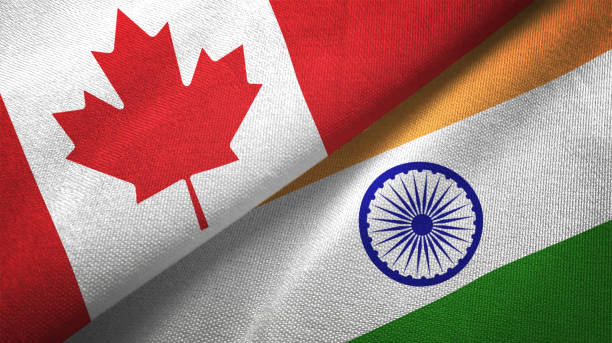Introduction
The ongoing diplomatic tensions between India and Canada have made visa applications more challenging for Indian travelers. With policy changes, delays, and stricter regulations, many applicants are uncertain about the process. However, Canada remains a popular destination for students, workers, and tourists from India. In this guide, we’ll walk you through the latest updates and steps to apply for a Canada visa from India in 2025, ensuring a smooth application process despite the current situation.
1. Latest Visa Policy Updates (2025)
Before applying, it’s essential to understand the recent changes in Canada’s visa policies due to diplomatic tensions:
- Longer Processing Times – Visa applications are taking longer than usual due to reduced Canadian diplomatic staff in India.
- Limited Visa Categories – Some categories, such as visitor visas, may face stricter scrutiny.
- Biometric & Interview Delays – Fewer operational centers may result in longer appointment wait times.
- Student & Work Visas Still Open – While delays exist, Canada continues to process study permits and work visas.
2. Types of Canada Visas You Can Apply For
Here are the main categories of Canada visas available for Indian applicants:
a) Tourist Visa (Temporary Resident Visa – TRV)
- For leisure, family visits, or short business trips.
- Typically valid for 6 months.
b) Student Visa (Study Permit)
- Required to study in Canada for more than 6 months.
- Applicants must have a Letter of Acceptance from a Designated Learning Institution (DLI).
c) Work Visa
- Includes Employer-Specific Work Permit (tied to one employer) and Open Work Permit (allows job flexibility).
d) Permanent Residency (PR) Visa
- For skilled workers under programs like Express Entry, Provincial Nominee Program (PNP), and Family Sponsorship.
3. Step-by-Step Guide to Apply for a Canada Visa from India
Step 1: Determine Your Visa Type
Check which visa category suits your travel purpose on the official website of Immigration, Refugees and Citizenship Canada (IRCC).
Step 2: Gather Required Documents
Depending on the visa type, you will need:
✅ Passport (valid for at least 6 months)
✅ Visa Application Form (download from IRCC website)
✅ Photographs (as per IRCC specifications)
✅ Proof of Funds (bank statements, salary slips, etc.)
✅ Travel Itinerary (for tourist visa)
✅ Letter of Acceptance (for study visa)
✅ Job Offer Letter (for work visa)
Step 3: Submit Online Application
- Visit Canada’s IRCC website.
- Create an account and fill out the visa application form.
- Upload required documents.
- Pay the visa application fee online.
Step 4: Biometrics & Interview (If Required)
- Book a biometric appointment at a Visa Application Centre (VAC) in India.
- Some applicants may be required to attend an interview at the Canadian High Commission.
Step 5: Wait for Processing & Track Your Application
- Use the IRCC tracking system to check your application status.
- Current processing times vary, with study and work visas taking 6–12 weeks, while tourist visas may take longer due to delays.
Step 6: Receive Visa Decision
- If approved, you will receive a Port of Entry (POE) Letter for study/work visas or a visa sticker on your passport.
- If refused, IRCC will provide reasons, and you may reapply with improved documentation.
4. Tips to Avoid Delays and Rejections
✅ Apply Early – Start your visa process at least 3–6 months before your intended travel date.
✅ Submit Accurate Information – Any mismatch in details can lead to rejection.
✅ Maintain Sufficient Funds – Show a strong financial profile to prove you can support your stay.
✅ Check for Updates Regularly – Due to the ongoing tensions, visa rules may change. Stay updated on IRCC’s official website.
5. Alternative Routes If You Face Visa Issues
If your Canada visa is delayed or rejected, consider these alternatives:
✅ Apply via a Third Country – Some applicants have successfully applied for Canadian visas from Dubai, Singapore, or other countries.
✅ Explore Study & Work Options in Other Countries – The UK, Australia, and the US are popular alternatives.
✅ Wait for Relations to Normalize – Diplomatic situations change over time, so reapplying later might be an option.
Conclusion
Despite the tensions between India and Canada, visa applications are still being processed. However, longer processing times and stricter regulations mean that Indian applicants must plan carefully and apply early. By staying informed and following the correct procedures, you can increase your chances of a successful visa application.
Need Help With Your Canada Visa?
If you need professional guidance for your Canada visa, reach out to an immigration consultant or visit the IRCC website for official updates.
Would you like a detailed checklist or a PDF guide on this process? Let us know in the comments!

